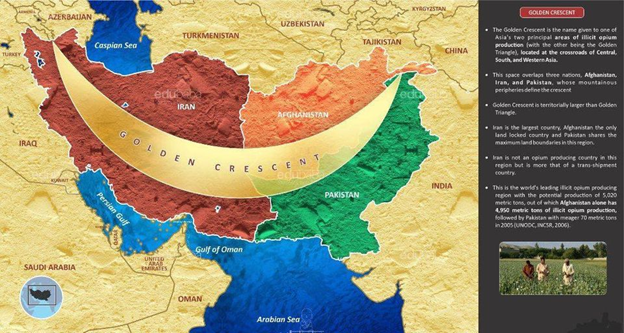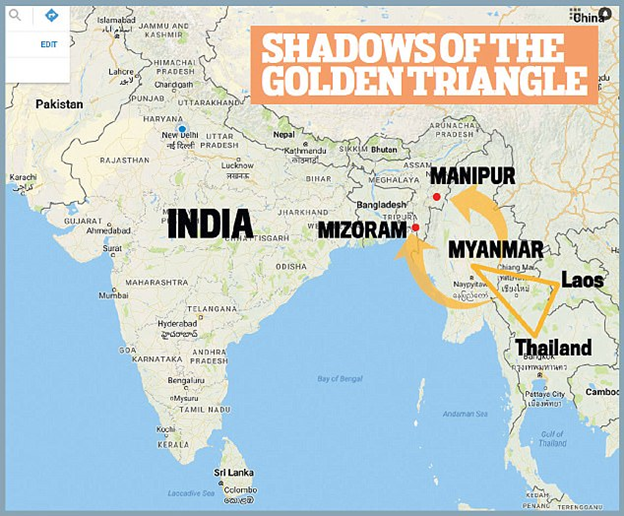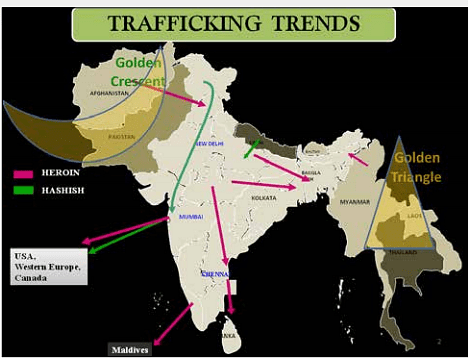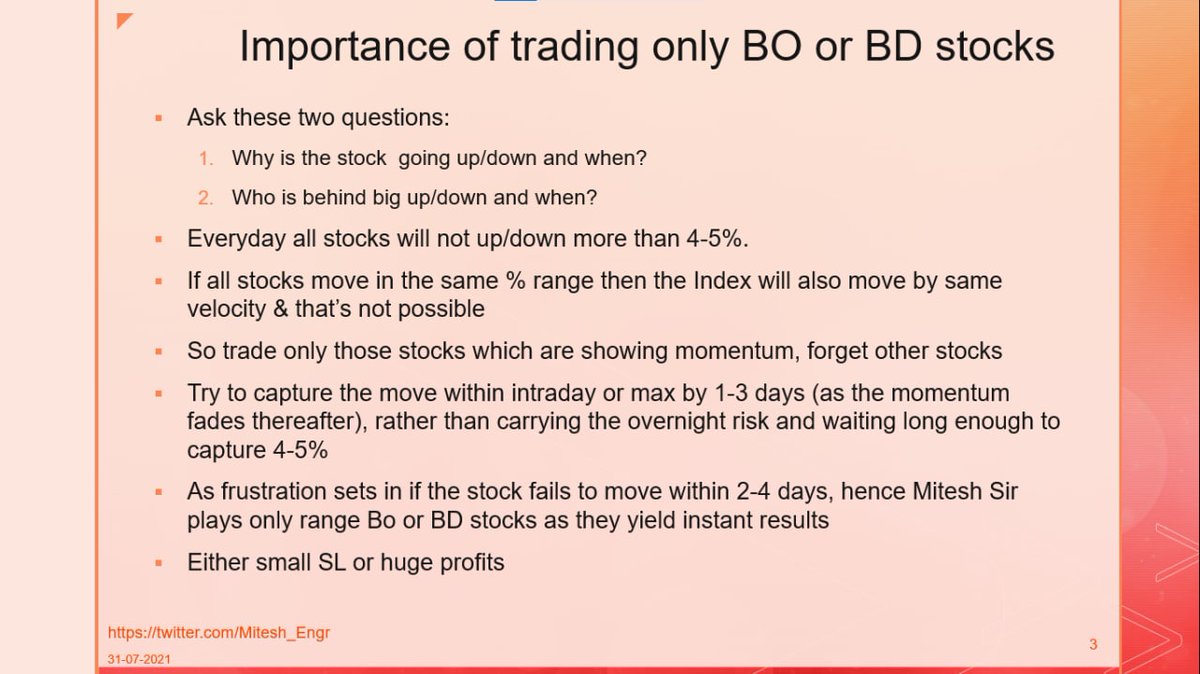It is time to talk Brexit and standards again. (thread)
London intends to make use of its costly SPS regulatory autonomy. As widely anticipated, first area of divergence expected to take place in the field of Crispr technology for genome editing, area where the UK has long argued for a more liberal stance.https://t.co/btRoxU3saZ
— Emily Rees (@emilyrees_eu) January 7, 2021
2) Economic impact of the various choices. This bit includes trade impact and here two issues come into play:
b) making trade with the US easier
Both of these points will include some complex assessments such as:
- with regard to the US:
are there benefits with regard to a possibly FTA?























